Mozambique: Two seriously injured as MDM march in Gorongosa dispersed, police says - Watch
Mozambique’s first Minister of Health Helder Martins criticizes strike, but recognizes right
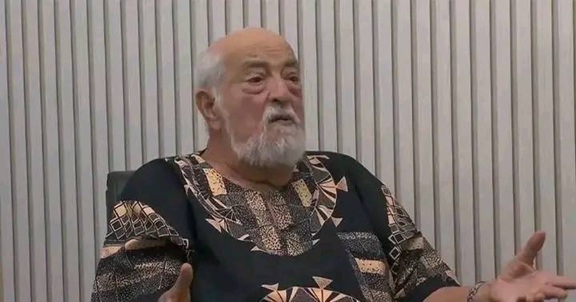
File photo: O País
Mozambique’s very first Minister of Health, Hélder Martins, today recognized the right of Mozambican health professionals to strike, but admitted that it was “not good” for there to be stoppages in the sector.
“A strike in the health sector is not good. However, health workers cannot be deprived of the right to strike. The right to strike is a constitutional right, it is a human right that cannot be denied,” said Hélder Martins, one of the 300 founders – only five of whom are still alive – of the Mozambique Liberation Front (Frelimo, in power) and Minister of Health in the first five years of Mozambican independence, in 1975, in an interview with Lusa.
Hélder Martins asks that health sector leaders “resolve the problems” before professionals “threaten to go on strike”, asking for “care with the lobbying of doctors and nurses” and other employees in the sector, in addition to not disregarding any category of professionals in the area.
“The government needs to be careful, to look after its workers (…). Now there is a threat of a strike because the problems have been allowed to get to the point they are,” said Martins, also referring to the time when he was Minister of Health, when “there was never a threat of a strike”.
In the last two years, the Mozambican National Health System has faced several moments of pressure, caused by employee strikes, called first by the Medical Association of Mozambique (AMM) and then by the Association of United and Solidary Health Professionals of Mozambique (APSUSM), which includes around 65,000 health professionals from different departments, who are demanding, above all, improvements in working conditions.
The AMM has been in negotiations with the Mozambican government since August 23, 2023, when it decided to end a strike called on July 10 of that year, protesting against salary cuts in connection with the adoption of the new Single Salary Table and lack of payment of overtime, while also demanding better working conditions.
On Monday, APSUSM called off the strike scheduled for the same day, after scheduling negotiations with the government for Thursday, warning that, if there were no results, the strike would go ahead immediately.
“We will open this space for dialogue, but it will only last for one day, not to say a few hours. If nothing concrete is produced on April 3, we will announce the specific dates [of the strike],” stated Anselmo Muchave, president of the APSUSM, accusing the government of “beating around the bush” in recent months over the process of consulting these professionals.
The demands of APSUSM, which for three years has been asking the government to provide hospitals with medicines as well as purchasing hospital beds, are at stake.
They are also asking for a solution to the “lack of food”, or for ambulances to be equipped with emergency supplies and non-disposable personal protective equipment, the absence of which is “forcing employees to buy them out of their own pockets”, in addition to better management within the scope of the TSU.
According to data from the Ministry of Health, Mozambique has a total of 1,778 health units, 107 of which are health posts. Three are specialized hospitals, four are central hospitals, seven are general hospitals, seven are provincial hospitals, 22 are rural hospitals and 47 are district hospitals.



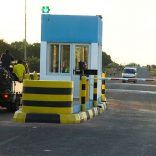
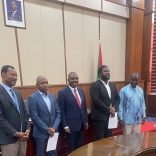
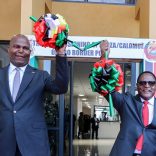
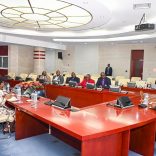





Leave a Reply
Be the First to Comment!
You must be logged in to post a comment.
You must be logged in to post a comment.